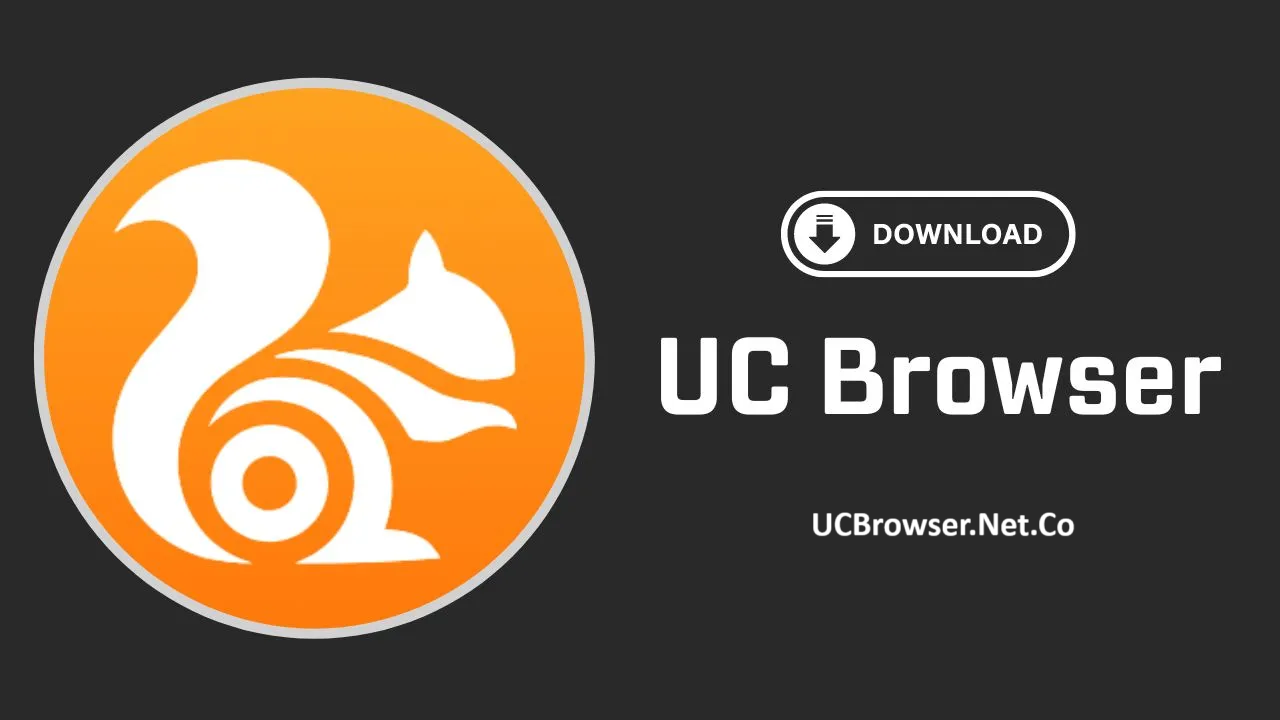The Certified Business Analysis Professional (CBAP) certification has become one of the most sought-after credentials for business analysts. Recognized globally, CBAP certifies an individual’s competency in the business analysis field and is often a stepping stone for career growth. In this write-up, I’ll dive into how CBAP helped me in my career and explore whether pursuing it is worth the investment in time, effort, and money.
1. Improved Analytical Skills
One of the immediate benefits of obtaining the CBAP Certification in Denver CO was the significant improvement in my analytical abilities. The certification process itself focuses on key areas such as requirements analysis, solution assessment, and strategy analysis—skills that are crucial to business analysis. Going through the study material and case studies helped me approach problems more holistically. Instead of just focusing on isolated business problems, I learned to view issues in a more systematic manner, understanding how different factors influence one another.
For example, I was able to break down complex projects into manageable parts, identify gaps in existing systems, and present actionable solutions based on data-backed insights. The enhanced problem-solving skills have made me much more efficient and valuable to my team, leading to increased responsibilities and opportunities within my organization.
2. Validation of Expertise and Credibility
Before obtaining CBAP, I had accumulated several years of experience in business analysis. However, having a certification from an esteemed body like the International Institute of Business Analysis (IIBA) provided formal validation of my expertise. This credential became a key asset in boosting my credibility both internally with my organization and externally with clients and stakeholders.
In my experience, the CBAP certification has acted as a stamp of authority. It assures people that I possess advanced skills and deep understanding of business analysis practices. This has significantly increased trust in my abilities, leading to greater autonomy in my role. Management has been more inclined to involve me in higher-stakes projects, knowing that I have the knowledge and skills to manage them effectively.
3. Career Advancement and Salary Increase
A major reason many people pursue certifications is for career growth, and CBAP was no different for me. Shortly after completing my CBAP, I was offered a promotion within my company. My new role involved more strategic planning and decision-making responsibilities, a shift from the more tactical tasks I had previously managed. This transition became possible largely due to the competencies I developed during my CBAP preparation.
Additionally, CBAP is often associated with salary increases. In my case, the promotion also came with a substantial pay raise. According to various salary surveys, CBAP-certified professionals tend to earn significantly more than their non-certified counterparts. Although my salary boost wasn’t immediate after certification, the long-term benefits were undeniable. Over time, as I gained more experience, my earning potential increased as a direct result of holding the CBAP designation.
4. Broadened Job Opportunities
The CBAP certification also opened up numerous job opportunities for me. Before acquiring the certification, my job prospects were more or less limited to local firms and smaller projects. However, after earning my CBAP, I began to receive offers from global organizations and high-profile companies.
In today’s competitive job market, companies value candidates who have a certification that proves their expertise. This credential made my resume stand out, and I found myself qualifying for interviews for roles that I wouldn’t have been considered for previously. The CBAP gave me the competitive edge I needed in an increasingly globalized job market.
Additionally, if you’re considering a career in consulting or contracting, CBAP can be even more valuable. Many clients look for industry-recognized certifications as a means of ensuring that they are hiring qualified professionals. For consultants, the CBAP is often a ticket to higher-paying, more prestigious assignments.
5. Enhanced Networking and Professional Growth
Another area where CBAP proved to be invaluable was in networking. Preparing for the certification introduced me to a community of business analysts through study groups, workshops, and webinars. This CBAP network has since been a continuous source of professional growth, offering insights, job referrals, and advice. The connections I made through the IIBA and CBAP forums have enriched my understanding of business analysis trends, best practices, and the evolving needs of different industries.
For example, I met senior business analysts who became mentors and provided me with guidance on how to approach complex projects and negotiations with stakeholders. Being part of this community has not only boosted my knowledge but also introduced me to job opportunities and collaborations that wouldn’t have been possible otherwise.
6. Developing Leadership and Stakeholder Management Skills
One of the key areas where CBAP helped me grow was in leadership and stakeholder management. The certification process emphasized stakeholder engagement, communication, and leadership in business analysis projects. I developed the ability to work more effectively with diverse stakeholder groups and present my ideas and solutions in a way that gained buy-in from leadership.
In my daily role, these enhanced skills allowed me to navigate political dynamics within the organization more effectively. I became more confident in presenting my findings and recommendations, often leading key stakeholder meetings and project reviews. This transformation into a leadership role was largely facilitated by the concepts and frameworks I learned during my CBAP preparation.
7. Better Job Satisfaction and Personal Fulfillment
Perhaps one of the most underrated benefits of CBAP is the sense of personal accomplishment and satisfaction. Earning the CBAP credential was not an easy journey—it required extensive studying, preparation, and commitment. However, once I earned the designation, the sense of fulfillment was profound.
This personal achievement translated into greater job satisfaction. Knowing that I have reached a significant milestone in my career has motivated me to continue pushing the boundaries in my field. I find myself more engaged in my work, confident in my skills, and more eager to tackle complex challenges. Ultimately, the journey to CBAP has been just as rewarding as the outcome.
Is CBAP Worth It?
Now that I’ve discussed how CBAP helped in my career, let’s address the question—is CBAP worth it? For me, the answer is a resounding yes. The time and effort invested in preparing for CBAP were substantial, but the benefits have been far-reaching. Whether it’s career advancement, increased salary, or simply the validation of expertise, CBAP has provided a significant return on investment.
However, CBAP may not be for everyone. If you’re new to the business analysis field, there are other certifications, such as ECBA (Entry Certificate in Business Analysis) or CCBA (Certification of Capability in Business Analysis), which may be more appropriate. CBAP is geared towards professionals with significant experience, and the eligibility criteria require a minimum number of hours working in business analysis roles.
In conclusion, CBAP is absolutely worth it for seasoned business analysts who want to advance in their careers, improve their analytical capabilities, and gain recognition in the industry. It requires dedication and effort, but the long-term career benefits—enhanced skills, better job prospects, salary increases, and professional fulfillment—make it a worthwhile endeavor.



